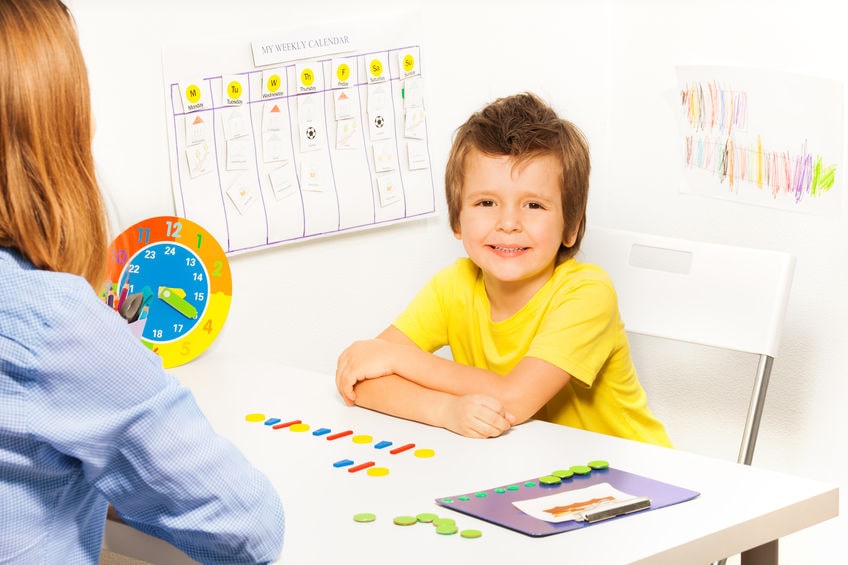If you think that adults are the only ones who go through the dilemma of dealing with the morning rush, you thought wrong, you are not alone. Even kids feel the pressure that comes along with statements like “you need to get dressed quickly!”, “you’re going to be late for school!” “Hurry up, time is fast spent” etc.
kids barely understand the concept of time management, so teaching them now is never too early because it’s very important. It is a perfect opportunity for parents to teach their kids how to tell time, and also time management skills that will help kids to independently organize their schedules which is a crucial element in their future academic success.

Read on and learn some helpful tips on how to help your child understand and manage time.
Create a calendar
Making a calendar is one of the simplest ways to teach young kids about dates, time, and scheduling. The calendar should contain a list of activities your child does on a regular basis like preparing for school, studying, playtime, etc. Don’t forget the changes in their routine during certain days and dates, like the weekend for example.
You can discuss with them which activities they want to prioritize on Saturday and Sunday so they begin learning how to go about planning their day. Over time, you can squeeze in lessons on how to prioritize activities and allocate time for the more important ones.
Once they get used to the idea, you can even show them (hint: use pictures for younger kids) all the things they need to do in the morning to get ready to walk out the door. Then let them help decide what order to do them in.

Make time management fun
Time management isn’t the most exciting thing for adults. It can even be stress-inducing. But this shouldn’t be the case for kids. Learning time management should be fun and exciting for them. Besides creating a nice and colourful calendar, you can also make the task completion more fun for them especially for tasks that take up a lot of time.
Turn to getting ready for school into a fun game so they don’t end up getting stressed early in the morning when you rush them. You can play “Simon Says” so they will get used to following instructions while having fun.

Teach them how to tell time
It will be challenging for children to manage time when they don’t know how to measure time. Start introducing them to the concept of time by using a timer as they try to complete a task. Teach them how long each minute lasts and the number of minutes that comprise an hour.
The goal here is not to make them finish an activity under time pressure. You are only making your child aware of the time so the next time you say they have to be ready in 10 minutes, they’ll understand.
Follow the tasks on the calendar religiously
It can be tempting to let your child have a little bit of extension on their playtime, especially when you see them enjoying it. Or there could be days when you want them to study longer even if the calendar tells you it’s time for snacks.
When teaching your child about time management, it’s extremely important to religiously follow the activities indicated as planned. This will help them to stay on task and stick to the schedule.

Don’t overdo scheduling for your child
Learning time management doesn’t mean that you have to keep your child’s daily schedule jam-packed. No matter how much you want them to get actively involved in school activities, remember that children also need ample rest and downtime. Go easy on your scheduling so you don’t end up stressing out your child and yourself too.
Be sure to include free time
If there’s one thing that shouldn’t be forgotten in learning time management, it’s free time. Learning about the concept of time and following schedules doesn’t mean that your child’s day should be filled with structured activities.
It’s healthier for them to enjoy moments to themselves to enjoy whatever they want to do, whether it’s playtime, reading, watching TV and so on.
Learning time management skills early on isn’t only going to help your child learn how to keep their daily and weekly schedules organized. These skills can also help young kids throughout their lifetime.













